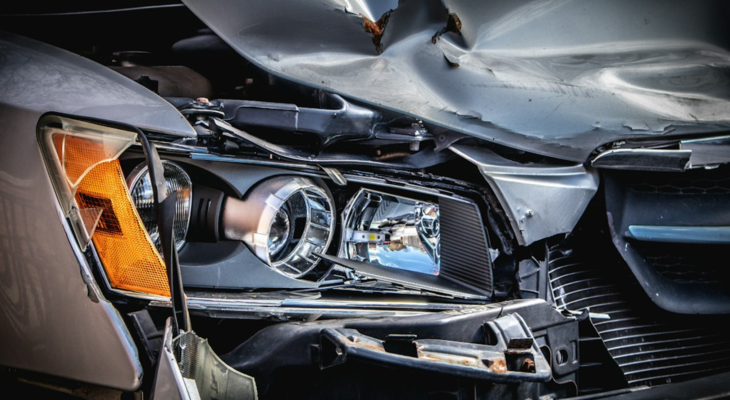Navigating through the aftermath of a car accident in Illinois can be an overwhelming experience. From attending to medical needs to addressing vehicle repairs, one pressing issue that often weighs heavily on the minds of those affected is filing a car accident claim. As each state has its specific procedures and laws, understanding the nuances of the Illinois claim process is crucial to ensure you are fairly compensated for your losses. In this article, we explore the intricacies of the claim process. Keep reading to learn more.
Understanding Illinois Car Accident Claim Process
When the unfortunate occurrence of a car accident takes place in Illinois, the process of filing a claim involves several critical steps. Initially, the accident must be reported to the police, and obtaining a copy of the crash report is indispensable. This document serves as an official record, which can be pivotal when dealing with insurance companies. Subsequently, reaching out to your insurance provider is required to set the claim process in motion. Insurance representatives will generally request detailed information regarding the accident, including the extent of injuries and damages incurred.
Consultation with a knowledgeable Illinois car accident attorney can make a significant difference in understanding your rights and the compensation you may be entitled to. Legal professionals are adept at navigating the complex terrain of insurance claims, negotiating with insurance adjusters, and ensuring that your claim includes all aspects of your loss. Moreover, they can provide critical advice in the case of disputes or if litigation becomes necessary.
As your claim progresses through the discovery phase, it may involve multiple rounds of negotiation. The initial settlement offer is often just a starting point. Here, perseverance is key, and having expert legal representation can ensure that you are not pressured into accepting a settlement that falls short of the actual damages suffered. The claim process concludes only once a satisfactory settlement agreement is reached, or if the case goes to trial, the court makes a ruling.
Timeline for Filing a Car Accident Claim in Illinois

Timing is crucial when filing a car accident claim in Illinois. The state imposes a statute of limitations—a deadline by which your claim must be filed. For car accidents in Illinois, this is typically two years from the date of the incident for personal injury claims and five years for property damage. Missing this deadline can be a fatal blow to your claim, invariably leading to losing the right to seek compensation.
While the statute of limitations dictates the absolute latest that one can file a claim, there are other time-sensitive considerations. Insurance policies often have their own deadlines for reporting an accident, which can be as short as a few days following the incident. Compliance with these policy requirements is essential to maintain eligibility for coverage.
The timeline for receiving a settlement can vary greatly. Simple claims may be resolved within a few months, while more complicated cases, especially those that go to trial, can extend over several years. Throughout this duration, continuous engagement with the process and legal counsel is necessary to ensure your claim stays on course.
How Comparative Negligence Affects Your Car Accident Claim in Illinois
In Illinois, the doctrine of comparative negligence plays a fundamental role in determining how compensation for a car accident is awarded. This legal concept means that each party involved in an accident has their liability assessed in proportion to their degree of fault. This can have major implications for your claim, as your ability to recover damages may be reduced if you are found to bear any responsibility for the incident.
For example, if you are deemed 20% at fault for an accident, and your damages total $100,000, you would be eligible to receive 80%, or $80,000. The comparative negligence rule allows for a fair distribution of damages, reflecting each party’s contribution to the incident. However, this also means that establishing the exact percentages of fault is a highly contentious part of the claim process.
Importantly, Illinois sets a threshold of 50% for comparative negligence. If you are found to be 50% or more at fault for the accident, you would not be eligible to recover any damages. It is this aspect of Illinois law that underscores the importance of a detailed and robust presentation of your claim, often necessitating the help of an experienced car accident lawyer.
Overall, filing a car accident claim in Illinois requires a nuanced understanding of the law, a strategic approach to documenting your case, and a vigilant eye on the timeline. While the process can be rife with complexity and challenges, being adequately informed and supported legally can help ensure successful navigation through the path of claim recovery.

